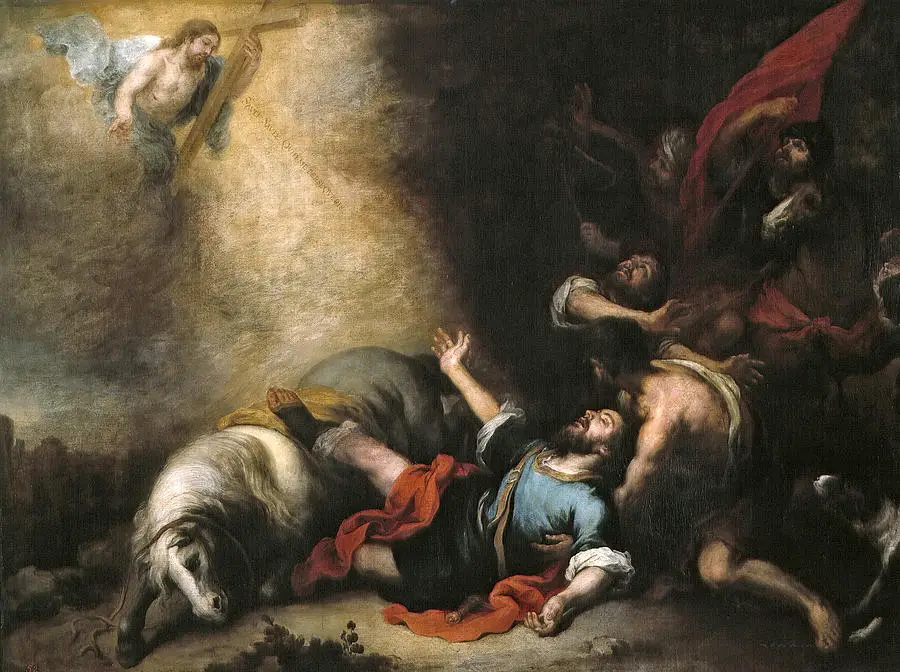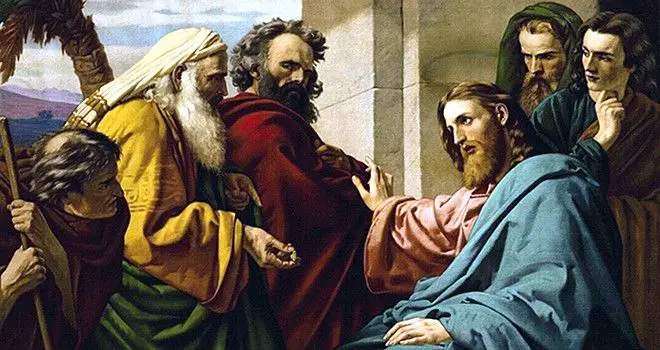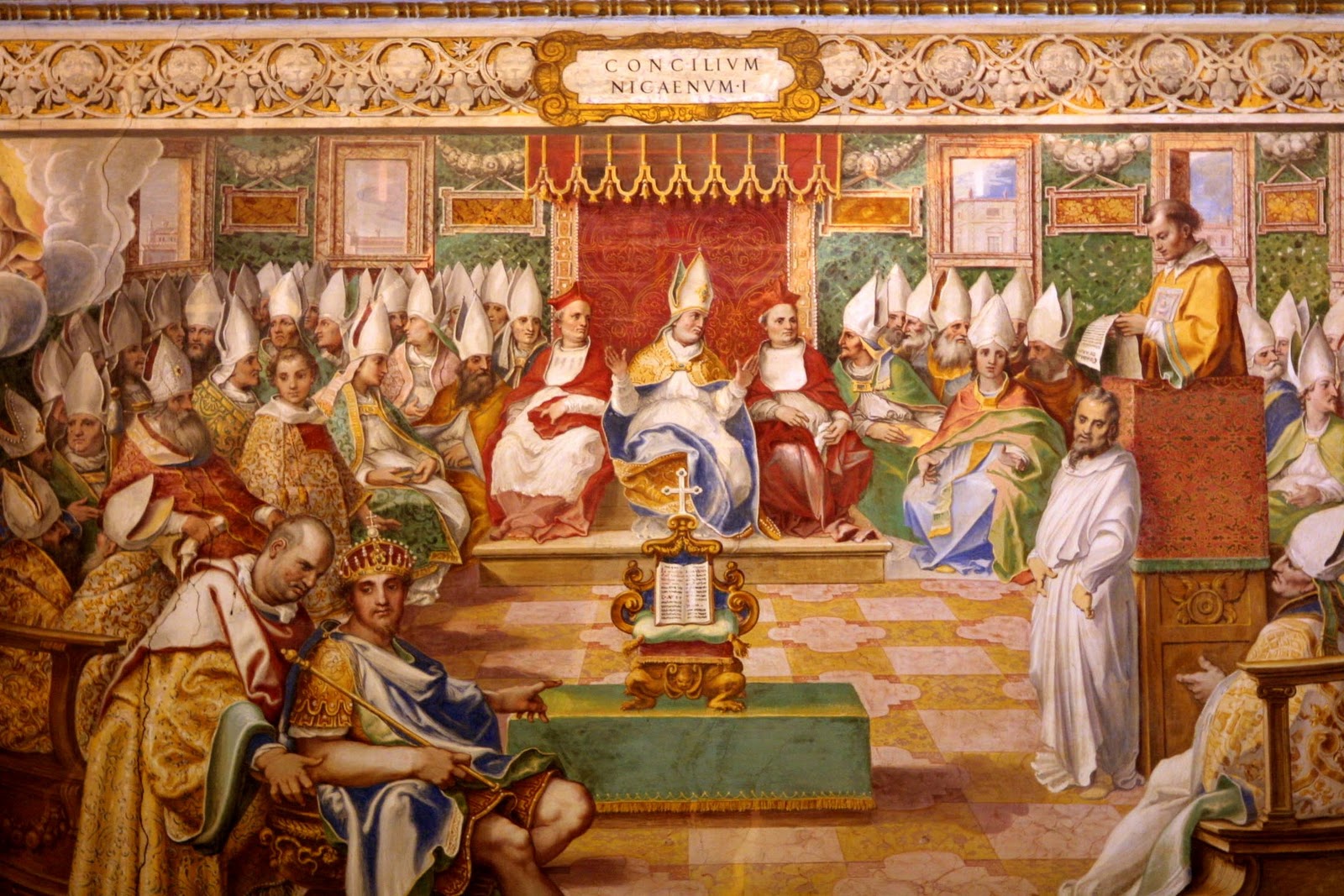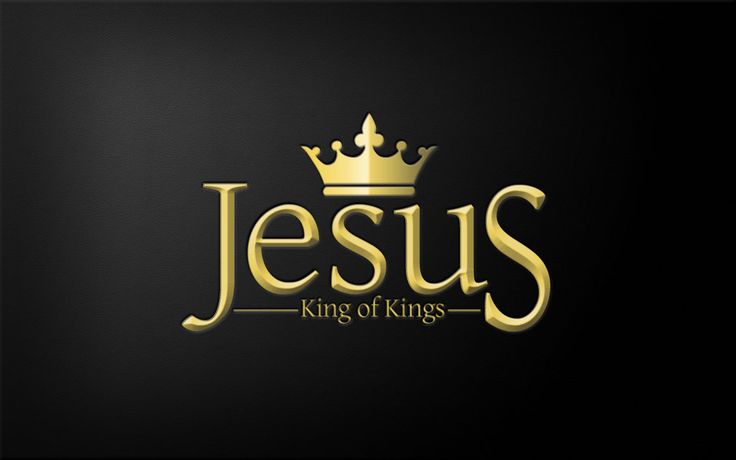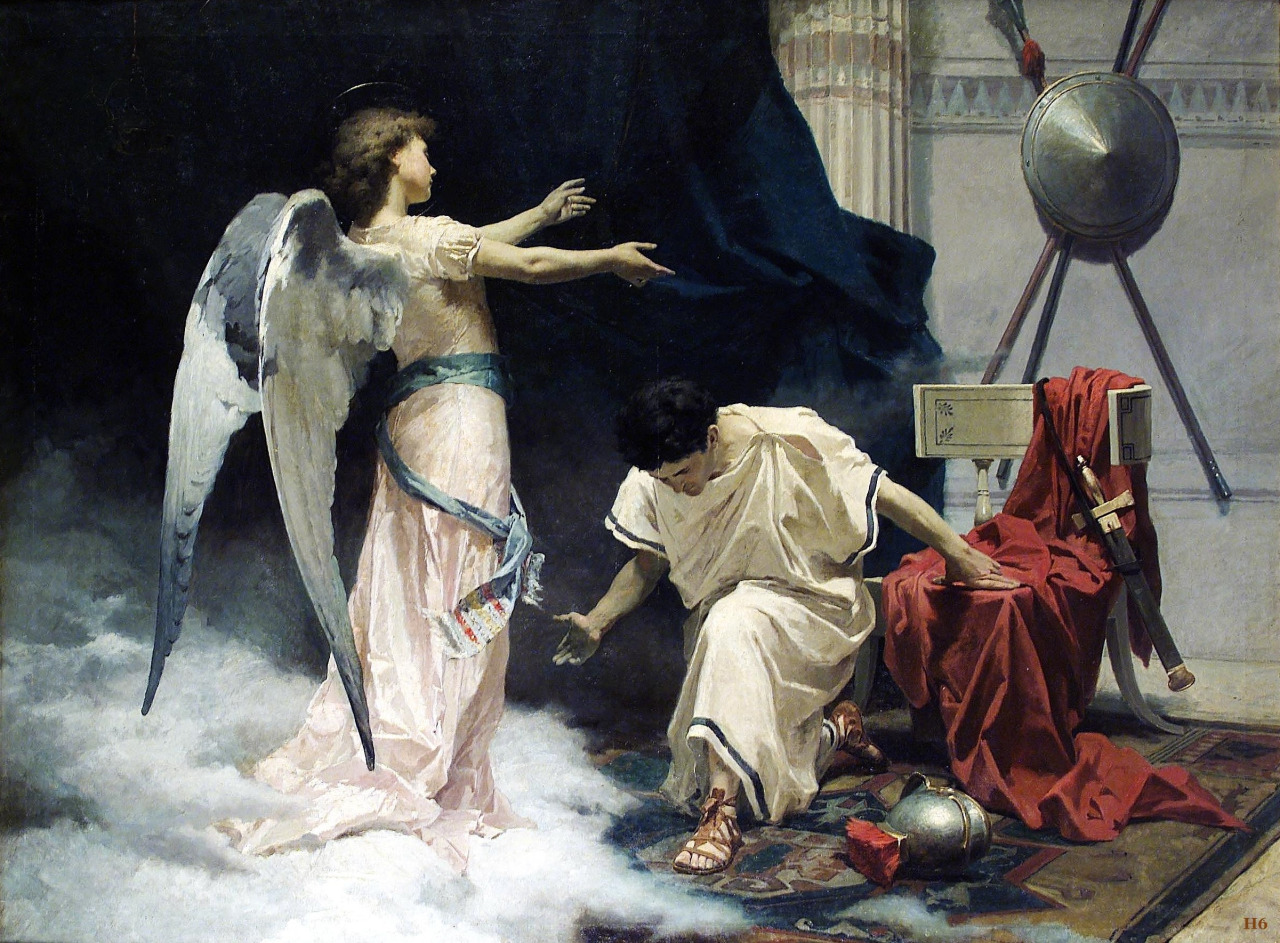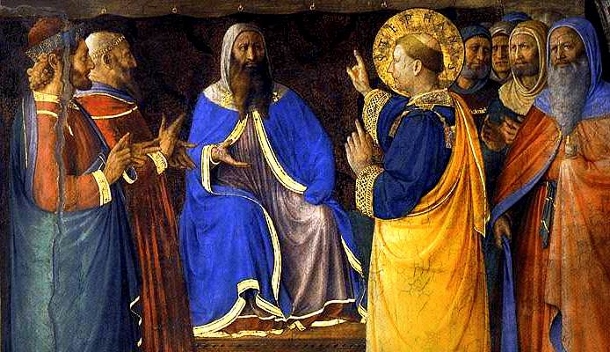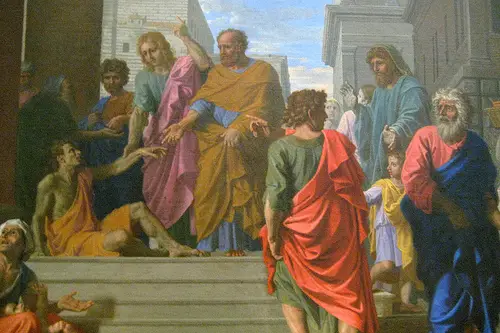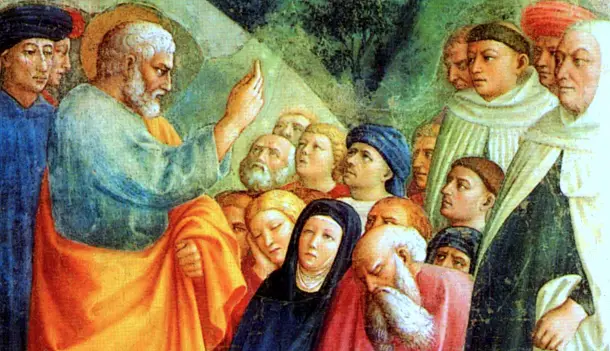Saul of Tarsus’ Damascus Road Christology
One of the most dramatic events in Luke's historical account of the birth and development of the early Church is Saul of Tarsus' conversion from Christian persecutor to Christ follower. Jesus appeared to Saul on the road to Damascus as the zealous Pharisee was en route, having been given authority by the high priest to arrest Christians and bring them back to Jerusalem to be punished.[1] How did Saul's view of Jesus change after he encountered the resurrected and exalted king? Did he realize that not…
